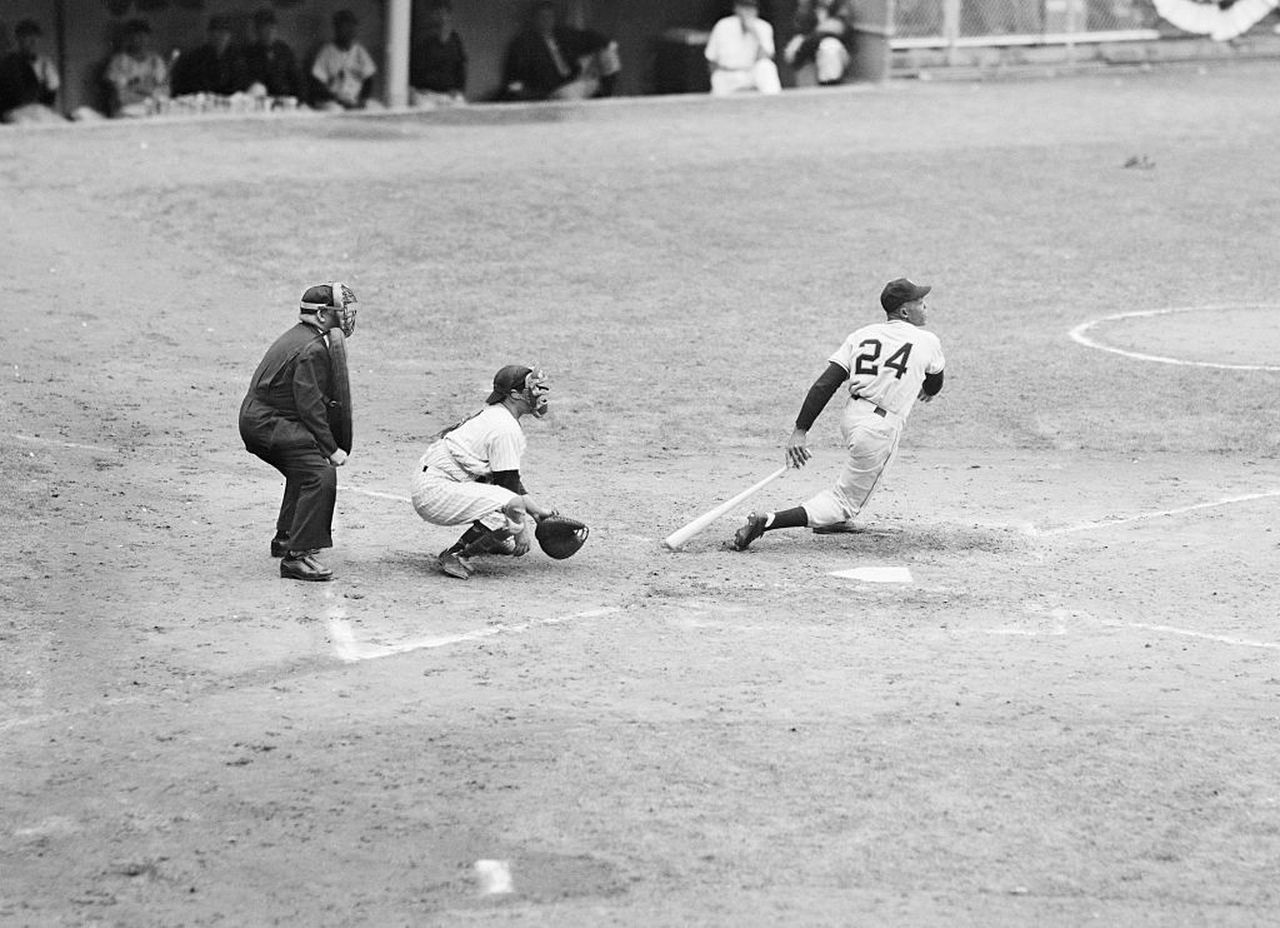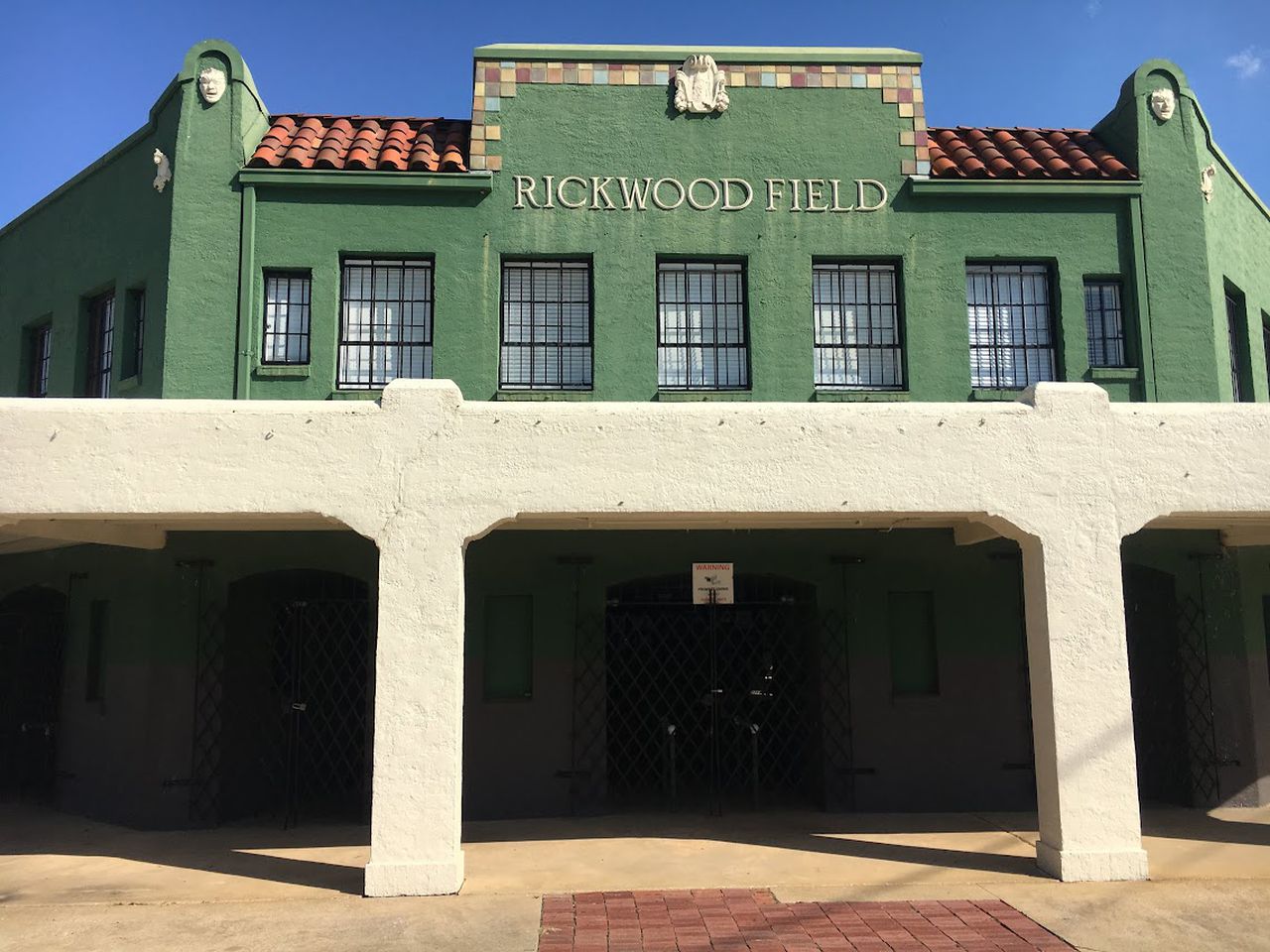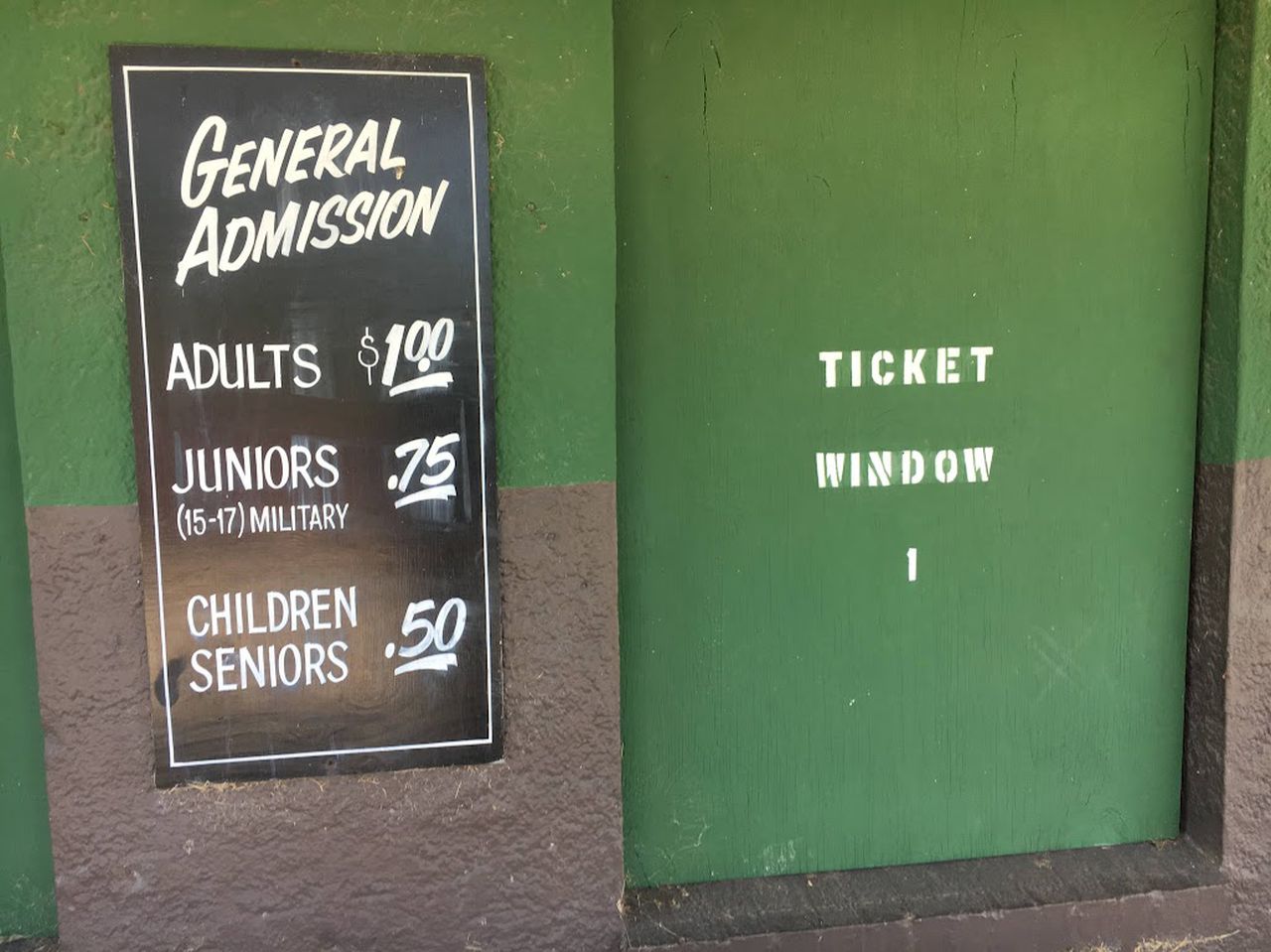75 years ago today, a baseball era ended in Birmingham
Seventy-five years ago today, the attention of baseball fans was centered on Boston, where the Braves were to host the Cleveland Indians in Game 1 of the World Series the following afternoon.
That’s even though at Rickwood Field in Birmingham, a baseball era was ending with the final game of the final Negro World Series on Oct. 5, 1948.
The baseball world’s attention will be on Rickwood Field on June 20, 2024, when the San Francisco Giants and the St. Louis Cardinals will meet in a game billed as “MLB at Rickwood: A Tribute to the Negro Leagues.”
RELATED: MAJOR LEAGUE BASEBALL ANNOUNCES BRANDING FOR RICKWOOD FIELD GAME
A regular-season National League game, the contest will be televised and nationally celebrated and covered – a distinct difference in attention from the previous time a Major League game was played at Rickwood Field.
In 1948, the Homestead Grays’ 10-6, 10-inning victory over the Birmingham Black Barons to clinch the Negro World Series in five games didn’t have Major League status.
But in 2020, Major League Baseball designated the baseball played in seven of the circuits from what is now collectively known as the Negro Leagues as comparable in quality to the game being played in its own American and National leagues during certain periods of organized baseball’s segregated era.
Included on the list of new Major Leagues were the Negro National League seasons of 1933 through 1948 and the Negro American League seasons of 1937 through 1948. In 1948, the Grays represented the NNL and the Barons represented the NAL in the Negro World Series, just as the teams had in 1943 and 1944. Homestead won the championships in those seasons, too – in seven games in 1943 and five in 1944.
Because of the retroactive designation, Game 5 of the 1948 Negro World Series is the most recent Major League regular-season or postseason game played in Alabama.
And yet it received scant attention for the landmark game that it is when viewed from today. The baseball-research organization Retrosheet has yet to find a newspaper box score for Game 5 of the 1948 Negro World Series.
The reason could be found back in Boston where Larry Doby and Mobile native Satchel Paige were about to play in the World Series with Cleveland.
In 1947, Jackie Robinson had broken baseball’s race barrier by becoming the first Black player in the American or National League in the 20th century. He had won the Major League’s Rookie of the Year Award and helped the Brooklyn Dodgers reach the 1947 World Series.
While big-league teams did not jump en masse to sign the nation’s best Black ballplayers, the process had started that would sap the Negro Leagues of their top talent. Robinson’s success with the Dodgers also turned the attention of the Black-oriented press that had once focused its coverage on the Negro Leagues to a new storyline.
Doby had moved from the Negro National League’s Newark Eagles to become the American League’s first Black player about 11 weeks after Robinson debuted with the Dodgers.
The most famous of the Negro League stars, Paige became the first Black pitcher in American League history on July 9, 1948 – two days after his 42nd birthday. He went 6-1 the rest of the way for Cleveland, and when he took the mound in Game 5 against the Braves, Paige became the first Black pitcher in World Series history.
RELATED: SATCHEL PAIGE’S ‘6 RULES FOR STAYING YOUNG’
(Dan Bankhead, the middle of five brothers from Empire, Alabama, who played in the Negro Leagues, had pitched for the Dodgers during the 1947 season, but he did not pitch for Brooklyn in the 1947 World Series against the New York Yankees. His brother, Sam Bankhead, was the shortstop for the Grays in the 1948 Negro League World Series.)
More evidence of the rapidly dwindling interest in the Negro Leagues came after the Grays and Black Barons completed their third championship meeting: The Negro National League folded.
In 1949, the Negro American League continued with its six franchises absorbing four surviving teams from the Negro National League. The Homestead Grays were not one of those teams, continuing instead as an independent team for two more seasons. The NAL soldiered on through the 1962 season, with the Black Barons hanging in to the very end.
Doby, Paige and Robinson are enshrined in the National Baseball Hall of Fame in Cooperstown, New York. So are two of the players from the 1948 Negro World Series.
Buck Leonard was 41 years old, but the 11-time all-star first baseman still was batting cleanup for Homestead.
Willie Mays was 17 years old and not yet the player who would be in the debate for the greatest of all-time. He became a regular for Birmingham when center fielder Bobby Robinson broke his leg during the 1948 season and, by the time of the Negro World Series, was batting third in the lineup.
Mays played for the Black Barons in 1949 and part of the 1950 season, too. After being tutored in baseball by Birmingham manager and second baseman Lorenzo “Piper” Davis, Mays arrived in integrated baseball ready to be a star.
Signed by the New York Giants in 1950, Mays played in Game 2 of the 1951 World Series against the Yankees exactly three years after the final game of the final Negro World Series.
Davis’ nickname of Piper came from his Alabama hometown, a coal-mining camp established by the Little Cahaba Coal Company. Mays was native of Westfield, another Alabama coal-mining town. Artie Wilson, the Black Barons’ star shortstop, also was a Jefferson County native, and Birmingham catcher Herman Bell, right fielder Ed Steele, utility player Wiley Griggs, pitcher/first baseman Alonzo Perry and pitchers Jimmy Newberry, Nat Pollard and Sammy Williams were born in Alabama, too.
In the future, players of that caliber would be collected by American and National League teams for their wide-ranging minor-league system of talent development. Of the 33 Alabama natives who made their big-league debuts in the 1950s, 12 were Black. Four of those 12 players are enshrined in the National Baseball Hall of Fame – Mays and Mobile-born Hank Aaron, Willie McCovey and Billy Williams.
But in 1948, the Negro World Series remained the pinnacle of Black baseball, even if it were not treated as such.
The Grays played their home games at Griffith Stadium in Washington and Forbes Field in Pittsburgh. But none of Homestead’s 1948 postseason games were played in those parks. The Grays beat the Baltimore Elite Giants in the Negro National League Championship Series in four games at Bugle Field in Baltimore and opened the Negro World Series with a 3-2 victory over Black Barons at Blues Stadium, the home field of the Negro American League’s Kansas City Monarchs.
Three days later, on Sept. 29, 1949, the series resumed at Rickwood Field, where the Grays posted a 5-3 victory. The Black Barons scored a run in the bottom of the ninth the next day for a 4-3 victory in Game 3.
In Game 4 on Oct. 3, Homestead battered Birmingham 14-1 at Pelican Stadium in New Orleans. New Orleans newspaper reports said Game 4 had been scheduled for Rickwood Field but was pre-empted by the Birmingham Barons’ use of the ballpark.
Birmingham had two championship teams in 1948. Led by future MLB all-star Walt Dropo, the Birmingham Barons won the Southern Association crown that season by downing the Nashville Volunteers in a six-game series. The Barons were a minor-league affiliate of the Boston Red Sox.
When Negro World Series returned to Rickwood Field on Oct. 5, the Grays tied the score with a run in the top of the ninth and grabbed the final championship with a four-run outburst in the 10th.
Mark Inabinett is a sports reporter for Alabama Media Group. Follow him on Twitter at @AMarkG1.

New York Giants center fielder Willie Mays connects during Game 1 of the World Series against the New York Yankees on Oct. 4, 1951, at Yankee Stadium in New York.Bettmann Archive

